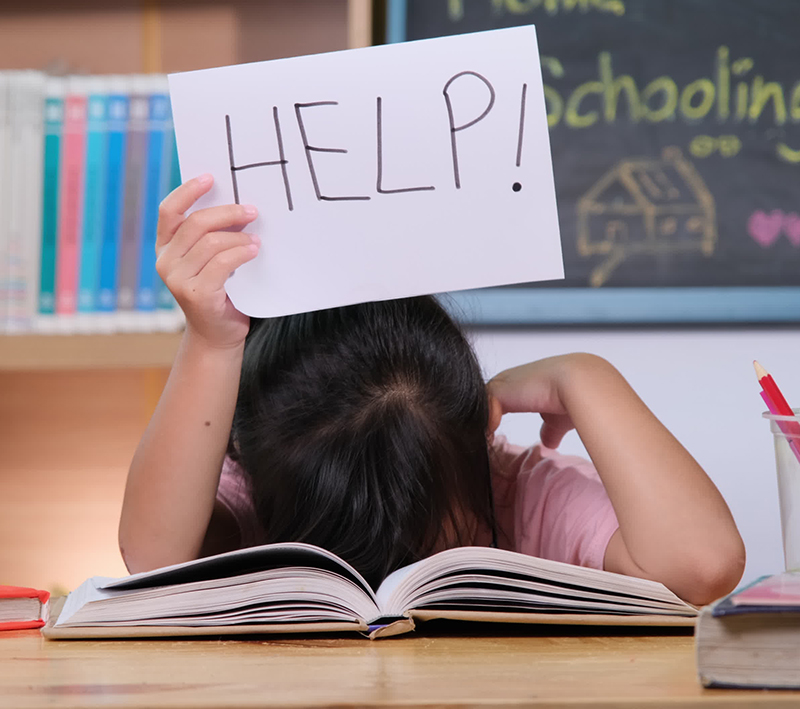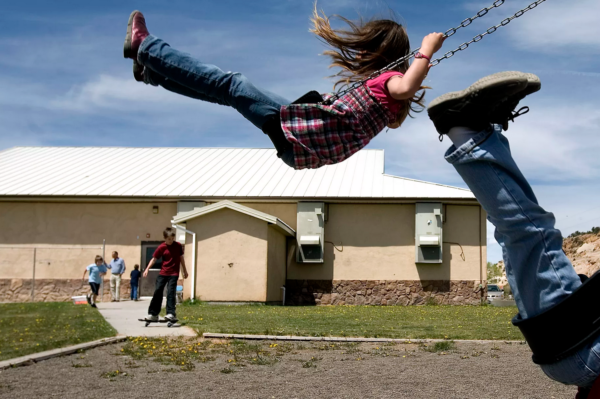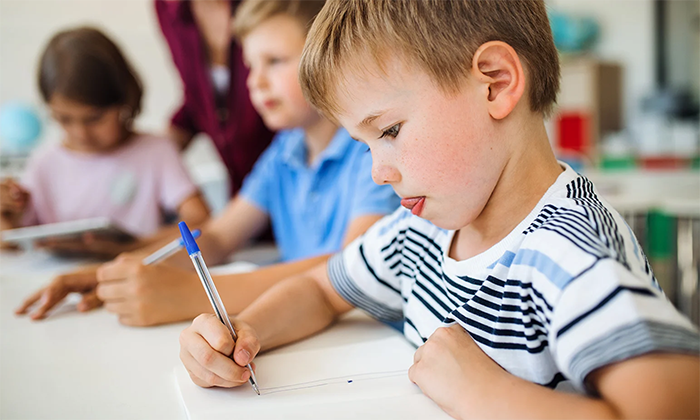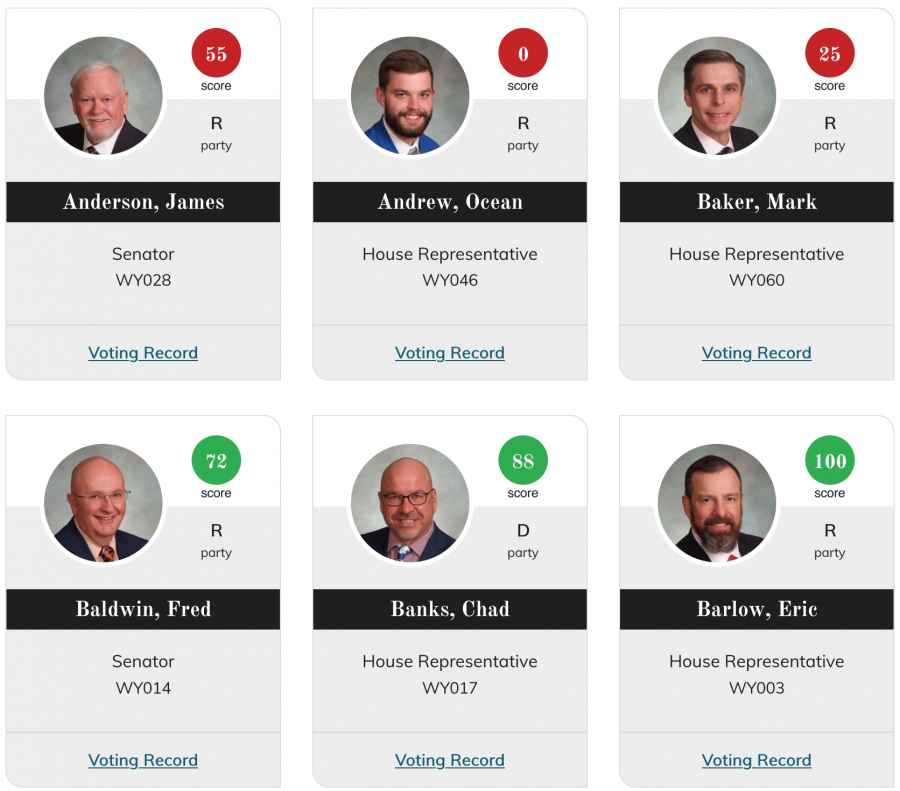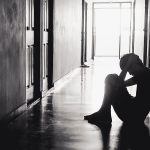Wyoming barriers: The high cost of neglecting preschool
In the second part of our series on barriers to opportunity that young people and families face in our state, we look at Wyoming’s lack of investment in public statewide preschool and the cost we all pay when kids can’t access early education.
+
During Wyoming’s last economic bust, the Legislature hired a team of consultants to study our education system and suggest ways to save money without hurting kids.
One of their main recommendations: Invest in a statewide preschool program.
Every parent knows that a child’s early years are critical to their development. Researchers going back to the 1960s have studied the performance and success of children who have attended preschool versus those who have not.
Kids who go to preschool do better when they reach kindergarten, and they continue to outperform their non-preschool peers throughout their K-12 education.
It doesn’t end there. Long-term studies dating back to the launch of the federal Head Start program show preschool graduates earn higher salaries and depend less on government assistance.
Meanwhile, schools save money because they do not have to spend extra effort and resources bringing students up to speed and making sure they graduate.
The state of Wyoming doesn’t spend a dime on preschool for average kids.
Public preschool is viewed by many as a commonsense investment.
In Wyoming, however, less than 35 percent of students attend any kind of “early childhood education,” in large part because we remain one of just a handful of states without a statewide public preschool program.
According to U.S. Census data, the percent of Wyoming children who attend preschool has actually gone down since 2005.
Public preschool is available in Wyoming for low-income families and for students with disabilities, paid for exclusively by federal funding. This enrolls about 13 percent of our 4-year-old students.
The state of Wyoming doesn’t spend a dime on preschool for average kids.
In most other states, any child can attend state-funded public preschool. But in Wyoming, families who don’t qualify for federal programs must turn to private options. These often cost thousands of dollars per year and are out of reach for many working families already struggling to pay the bills.
As a result, roughly two-thirds of Wyoming students simply skip preschool. This creates a barrier in their education that can hold students back, often requiring more effort in the long run from our teachers and more resources from our schools, and making our entire education system less efficient.
Driving up costs
Wyoming’s public education system is among the nation’s best. In 2022, our state’s fourth graders scored higher than any other state’s in math on the “National Assessment of Education Progress” (NAEP) tests administered by the U.S. Department of Education.
Our eighth-graders scored better than 44 other states in math and bested 35 others in reading. The most recent year NAEP tests took place for the subject of science, 2015, our fourth and eighth graders both scored in the top 10 nationwide.
But Wyoming education is also expensive. Wyoming spends nearly $17,000 per student annually, which is about $3,000 more than the national average.
The biggest factor in this high cost is our rural population. Often, rural schools have only a handful of students in their classes, which can drive up costs by tens of thousands of dollars per student, increasing the statewide average.
But the lack of preschool for so many students drives up costs, as well, when their unpreparedness requires schools to employ extra staff to help them catch up to grade-level standards.
Other states’ solutions
Many Wyoming lawmakers recognize the importance of early childhood education, but to date the Legislature has refused to make any sort of investment in it.
Gov. Mark Gordon spoke of the critical importance of preschool when Wyoming received a $3 million federal grant to fund early childhood education in 2021.
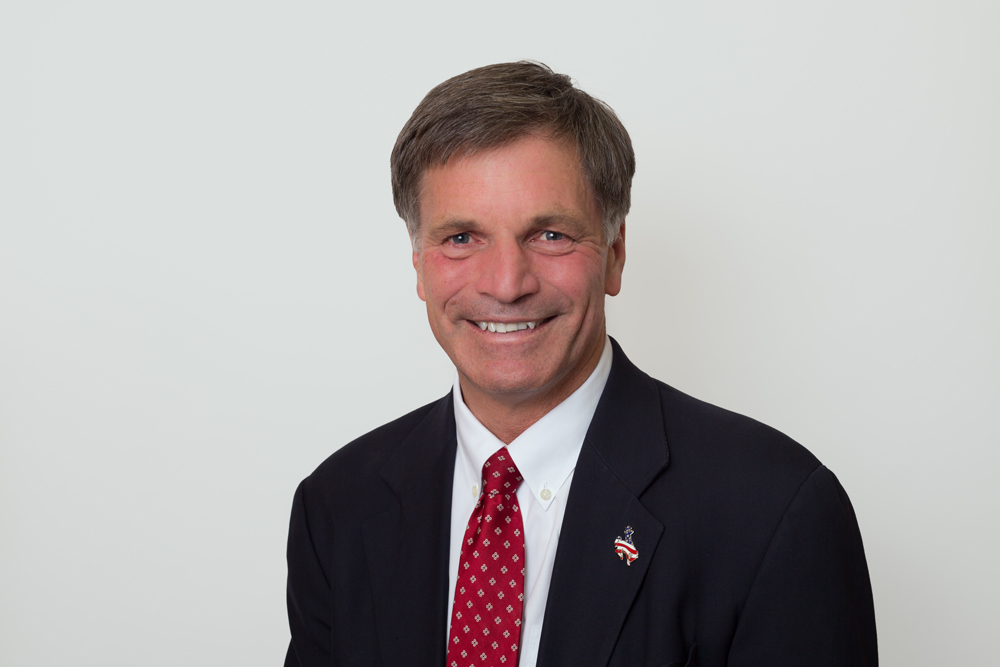
“Having a strong start to a child’s educational journey helps propel them to a strong finish in their later education and workforce endeavors,” Gordon said. “I’m proud to support this opportunity to develop a strategic plan and vision for the state’s early childhood system that will help Wyoming’s communities and economy grow and thrive.”
But the Legislature refuses to put money where the governor’s mouth is. During its most recent session, state lawmakers once again refused to appropriate any state money to preschool education, instead relying entirely on federal funds and neglecting children from most working families.
Instead, legislators voted to sock away $1.4 billion into savings. Instead of figuring out how the state can remove barriers in Wyoming children’s education, they spent most of their time debating hot-button national issues like “Critical Race Theory” and “Don’t Say Gay” bills that have little actual bearing on the lives of Wyoming residents.
Meanwhile, Wyoming’s neighbors in the West are finding solutions to deliver statewide public preschool.
New Mexico, which like Wyoming is an oil-producing state, used its windfall of tax revenue from high gas prices to make a historic $100 million investment in its public preschool program, expanding access by 40 percent.
Until recently, Colorado’s preschool situation closely resembled Wyoming, where only low-income children could qualify for public preschools that were funded by the federal government.
But in 2020, Colorado voters approved an increased tax on cigarettes and vaping that will fund a statewide public preschool program open to all Colorado 4-year-old students.
The Wyoming Legislature’s Joint Education Committee will consider early childhood education at its upcoming meeting in Cheyenne on August 9. Recent discussions among the committee have been bogged down by bureaucratic hand-wringing and a general reluctance to engage the subject in a serious way.
Meanwhile, most Wyoming families will continue to opt out of paying thousands of dollars a year on private preschool, even if it means barriers to their education down the line.

